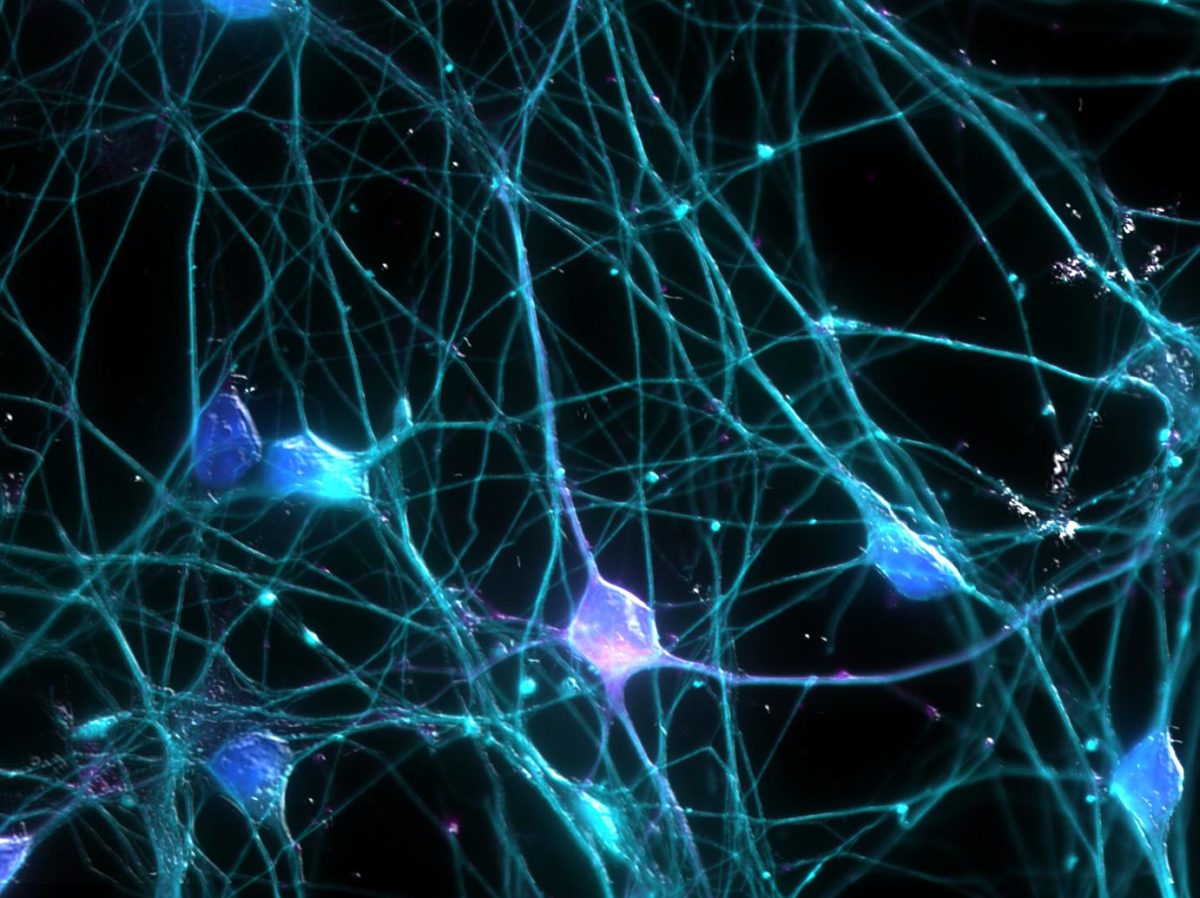 About the Book
About the Book
The power of Darwinian evolution on the modern mind lies mainly in its contention that natural selection can account for the appearance of design without a designer. In this comprehensive overview of intelligent design (ID) in biology, mathematician William Dembski and biologist Jonathan Wells make a compelling case that design in biology is real, not an illusion.
Dembski and Wells offer clear, direct, and readable discussions drawn from current science research. This is a must-read for anyone interested in the status of the ID versus Darwin debate. This book is published under the imprint of FTE Books.
About the Authors
William A. Dembski is a Senior Fellow with Discovery Institute’s Center for Science and Culture and a Senior Research Scientist with the Evolutionary Informatics Lab, and has been published in mathematics, philosophy, and theology journals. He earned a PhD in mathematics from the University of Chicago and a PhD in philosophy from the University of Illinois at Chicago.
Jonathan Wells has received two PhDs, one in Molecular and Cell Biology from the University of California at Berkeley, and one in Religious Studies from Yale University. A Senior Fellow at Discovery Institute’s Center for Science and Culture, he has previously worked as a postdoctoral research biologist at the University of California at Berkeley and the supervisor of a medical laboratory in Fairfield, California, and he has taught biology at California State University in Hayward.
Reviews
“When future intellectual historians list the books that toppled Darwin’s theory, The Design of Life will be at the top.” Michael Behe, PhD, Prof. of Biochemistry at Lehigh University and author of Darwin’s Black Box and The Edge of Evolution
“The Design of Life gives all interested parties in the debate over biological origins the hard scientific evidence they need to assess the true state of Darwin’s theory and of the theory of intelligent design. But it does much more: it carefully fosters the attitude of open inquiry that science needs not only to thrive but also to avoid becoming the plaything of special interests.” William S. Harris, PhD, Director of Nutrition and Metabolic Diseases Research, Sanford Research, University of South Dakota
